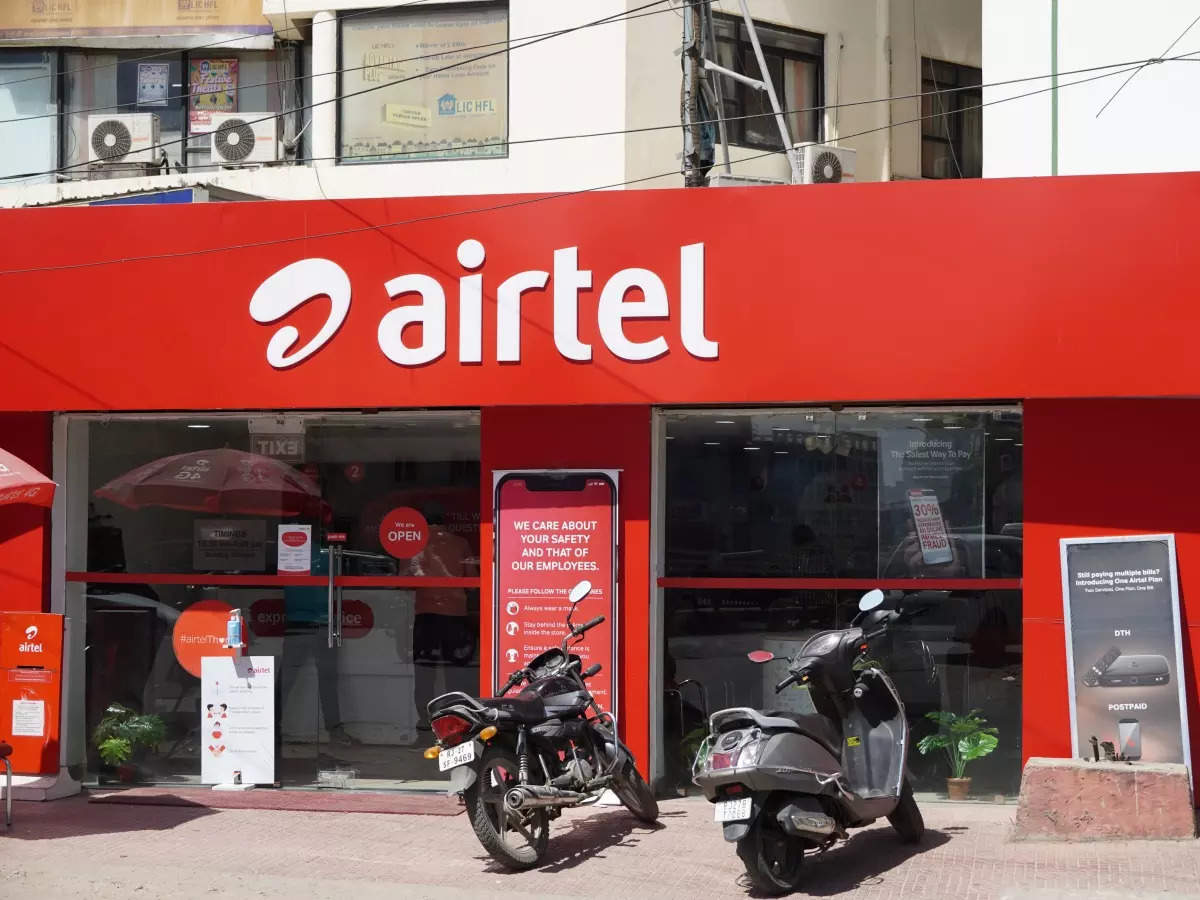
[ad_1]

Bharti Airtel chief executive Gopal Vittal on Friday said there is no conflict of interest in the telco’s device and cloud partnerships with Google, which also has developed an affordable smartphone in a tie up with rival carrier Reliance Jio Infocomm (Jio).
“As far as the question on conflict of interest of Google goes, we partner with several companies just as Google partners across several companies,” Vittal told analysts after the two companies said the US tech major will invest up to $1 billion in the Indian telco. “You do need a multi-pronged approach to drive adoption of digital, it’s a complex problem. And our partnership (with Google) is really focused on driving mutually agreed objectives with a shared vision.”
He said Airtel’s pact to make handsets more affordable in a tie up with Google and handset makers has no exclusivity element to it. Airtel will not make handsets or offer subsidies but will make them affordable through lending programmes targeting feature phone customers, and other elements, he said.
Google’s decision to acquire 1.28% ownership in Airtel and invest up to $300 million towards potential multi-year commercial agreements, including trying to bring down the cost of smartphones across price points, comes 18 months after it picked up a 7.73% stake in Jio Platforms for Rs 33,737 crore. That pact also included Google and Jio co-developing an affordable 4G smartphone to push featurephone users to move to smartphones. Both telcos have also signed partnerships around cloud services with Google.
“There is absolutely zero conflict because we are working across multiple players,” Vittal said. “And we will continue to work across multiple players in all areas, whether working across devices, ecommerce players, device manufacturers. Similarly, on the cloud, we work across several hyper scalers, we are building data centres for all of the hyper scalars.”
These deals come at a time when 4G subscriber addition rate has slowed in the telecom sector and telcos are finding it tough to convert the next 100-150 million customers into the 4G folds. They are opting for multi-pronged ways to convert feature phone users into 4G smartphone subscribers.
While Jio and Google have launched JioPhone Next smartphone, Airtel won’t manufacture devices.
“We have no plans to build our own device, but instead intend to partner across the ecosystem…to further accelerate the adoption of smart phones from feature phones,” Vittal told analysts.
Airtel has chalked out a multi-pronged strategy that includes expanding lending capabilities and alliances to bring down unit prices, he said. It is also building on software capabilities to target incentives and cashbacks.
It will aim for more ecommerce partnerships across a battery of local and international players. It will also use its own proprietary data models to predict which customer is likely to upgrade.
Vittal said the company’s data models have the capability to predict who is likely to upgrade to a device based on 30 to 40 attributes. “And we now have high sophistication to predict the upgrade over a period of three to five months, and almost an 80% probability. So this is something that we will use to deploy in terms of those targeted incentives if it’s required.”
He said Airtel is not keen on the subsidy game but wants to be competitive in the market. “We have developed software to target devices with incentives to minimize the cost.”
[ad_2]
Source link
